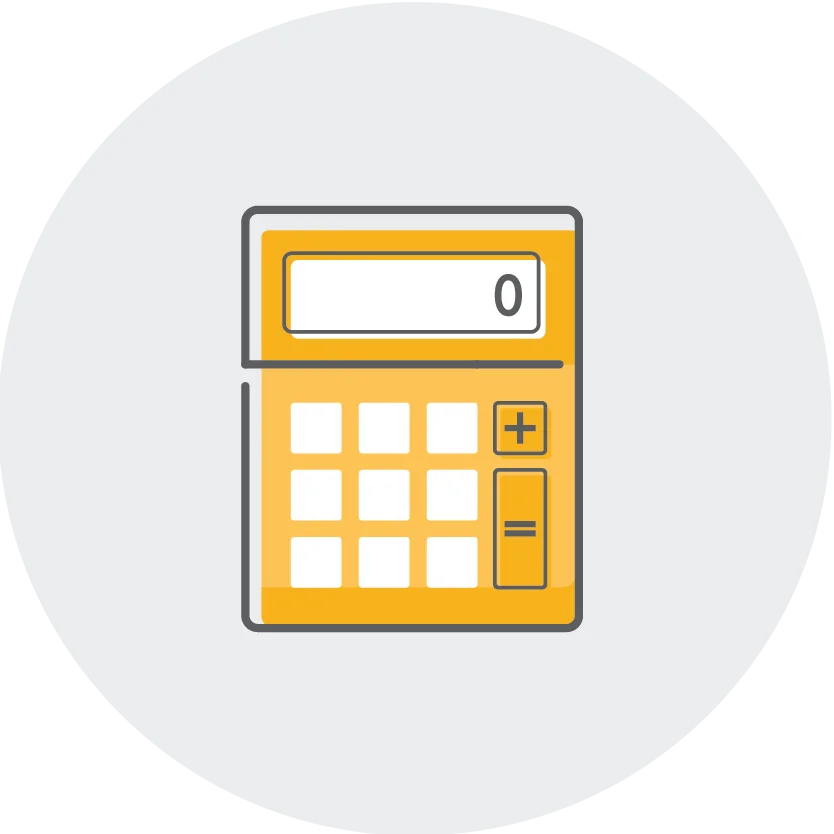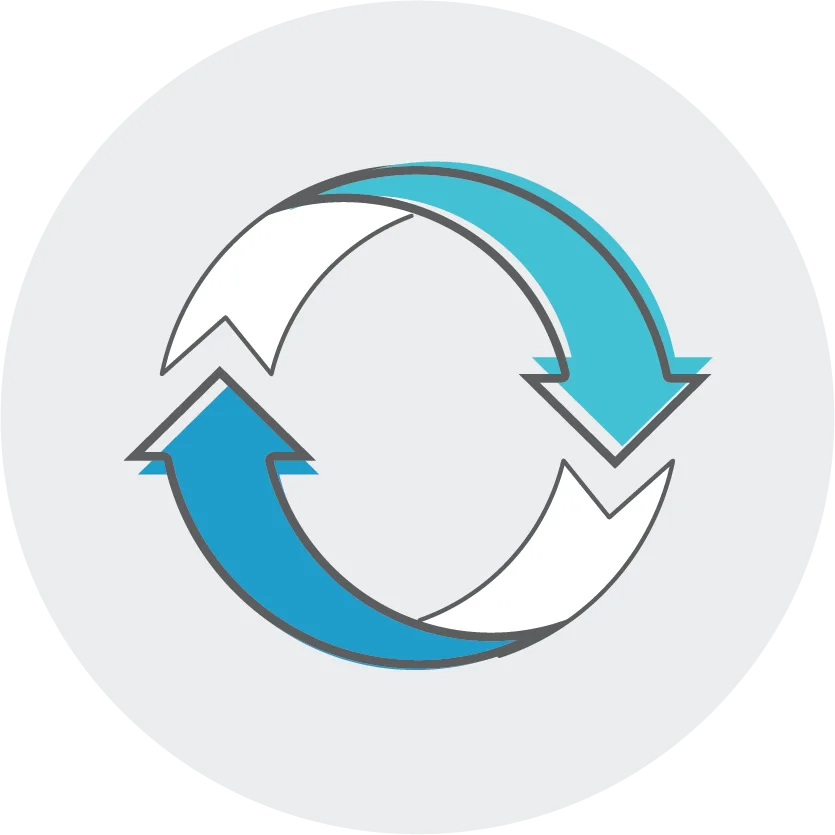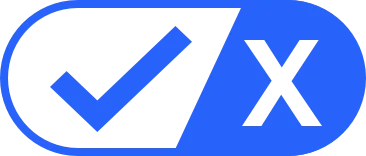Your home is your smartest investment. You have committed to timely mortgage payments and a healthy financial future as a homeowner. A cash-out refinance loan allows you to use that carefully nurtured equity as an opportunity.
A cash-out refinance, in which you will refinance your mortgage for a larger amount than the existing mortgage loan, frees up a portion of your existing home equity in cash. It could be for a home renovation, college tuition or to pay off high-interest credit card debts. It’s important to understand the ins-and-outs of a cash-out refinance, so that you’re prepared with all the necessary information before making this important decision.
Frequently Asked Questions
How Soon Can I Refinance an FHA Loan?
This will depend on the kind of type of FHA refinancing in which you are interested. For an FHA cash-out refinance, the home must be your principal residence and you must have occupied the residence for the 12 months prior to applying for the cash-out refinance and receiving a case number assignment. You must also be in good standing with your mortgage payments for the duration of the time at your property. Another option is an FHA Streamline Refinance, which has more stringent guidelines but aims to simplify the cash-out refinance process.
Is a Cash-Out Refinance Tax Deductible?
If you are using the cash you received in your cash-out refinance to improve your home, such as adding a room or similar enhancement, the entire amount will still count as mortgage debt and the interest on the cash-out portion will be tax deductible. If you use the cash for something like a vacation or college loan, you will not be able to treat that interest as mortgage debt and it will not be tax deductible. It is important to discuss these distinctions with a tax accountant to clarify the qualifications.
What Are Conventional Cash-Out Refinance Guidelines?
A conventional cash-out refinance can be used on second homes, rentals and investment properties, but the property usually has to have been owned for at least six months. Loan limits vary from state to state and are dependent on the how many units are in the home that is being refinanced. Conventional loans with as little as 5% equity are eligible for refinancing, but will require private mortgage insurance (PMI), which is an added expense. Borrowers with a conventional mortgage and 20% equity are not required to have PMI.
When Should I Refinance My FHA Mortgage?
After waiting the required period of time to apply and verifying that interest rates are favorable, an FHA cash-out refinance can be used to lower monthly bills or add improvements to your home, just like a cash-out refinance of a conventional loan. However, many homeowners with FHA mortgages will choose to refinance to a conventional mortgage to eliminate the cost of the mortgage insurance required with FHA loans. Homeowners with 78% of equity in their homes may also be able to lower PMI payments when refinancing to a conventional loan. You must make sure you have the money for closing costs associated with refinancing to a conventional loan, which can be between 1.5% and 3% of the loan amount.
Is a Cash-Out Refinance an Option for My Investment Property?
Yes, if you have a conventional mortgage you can use cash-out refinance for rental or investment properties. FHA and VA loans are only eligible for cash-out refinance if they are for your primary residence. Under current terms, USDA loans do not allow borrowers to use a cash-out refinance.
When Is It Worth It to Refinance a Mortgage?
A cash-out refinance is a good idea if you can get a decent interest rate that is ideally better than your current rate. And, if you plan to use the money on home improvements that may increase the value of your home or to pay off high-interest debt that could be impacting your credit, a cash-out refinance can be a smart financial decision. Refinancing, even if you aren’t planning to get cash from your equity, should be considered when you are interested in lowering your interest rate or altering the term of your existing loan to better match your present financial situation. For instance, moving from an FHA to a conventional loan.
Your Home is Your Best Investment
As a homeowner you have the opportunity to capitalize on the equity you’ve lovingly put into your home — ideally to enhance your financial future, improve your home, or lower your monthly payments. By thoughtfully researching and choosing a cash-out refinance option, your home can work for you. Make the most of it.
Interested in learning more about your refinance options? Click here to visit Mutual of Omaha Mortgage’s full list of refinance offerings and get started today!











